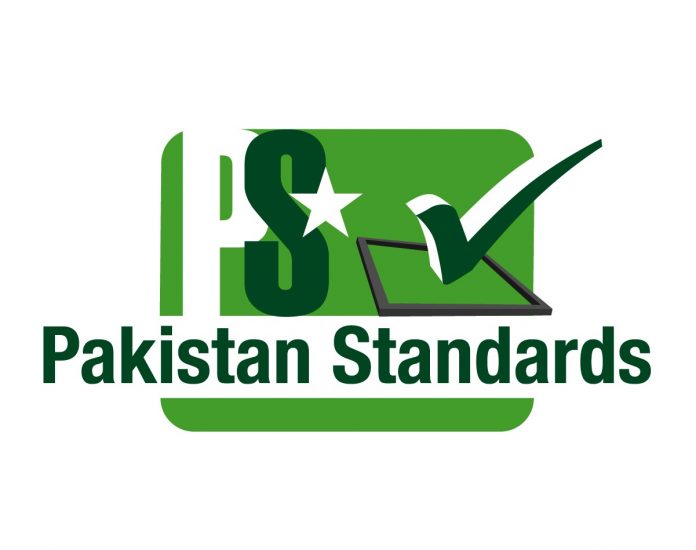ISLAMABAD: The Pakistan Standards and Quality Control Authority (PSQCA) is set to hold its 35th Board of Directors (BoD) meeting on July 4, 2025, in Islamabad. Among the key items on the agenda is the introduction of a Type Approval Scheme for testing and certifying the quality of locally manufactured and assembled vehicles, a development seen as a critical step toward improving road safety and aligning with international vehicle standards.
As part of this initiative, the Board will also consider approving a Mutual Recognition Agreement (MRA) with a foreign automobile testing laboratory. The agreement is expected to enhance cross-border regulatory cooperation and facilitate the international acceptance of vehicle safety certifications from Pakistan. According to sources, initial inspections of local vehicles will be conducted in partner countries due to the absence of suitable testing facilities within Pakistan, though future arrangements may allow such labs to be established domestically.
This is the first time PSQCA, which is mandated to regulate and ensure product standards, is taking concrete steps to inspect and certify locally assembled vehicles. For years, the lack of in-house testing facilities has meant that local consumers had to rely solely on the specifications and assurances provided by manufacturers, without any third-party safety verification.
Under the proposed Type Approval Scheme, a new vehicle model will undergo a one-time technical and safety assessment before it enters the market. If it meets regulatory standards, the model will be granted approval, allowing manufacturers to produce and sell the vehicle under that certification. This method, practiced globally, eliminates the need for batch-by-batch testing and ensures consistent compliance once a model is certified.
Pakistan is already a signatory to the United Nations’ 1958 agreement on the harmonization of technical standards for wheeled vehicles, which calls for mutual recognition of vehicle approvals among member states. To meet its obligations under this treaty, the Ministry of Science and Technology had earlier reached out to various international regulatory bodies in China, the UK, Japan, the UAE, and Turkey, seeking to establish bilateral MoUs for third-party vehicle inspections.
However, the local automotive industry is reportedly uneasy about the development. According to industry sources, several companies have expressed concerns over the feasibility of the proposed inspection regime and may even challenge the move legally. Government insiders, meanwhile, suspect that industry resistance is aimed at delaying the long-overdue implementation of international safety standards under the WP.29 framework. The agreement mandates several key safety features such as ABS brakes, Tyre Pressure Monitoring Systems (TPMS), Lane Departure Warning Systems, and Daytime Running Lights (DRLs) many of which are still not standard in even high-end Pakistani car models. The auto sector has already requested the government to delay full implementation of WP.29 by at least another year.
The PSQCA Board is also expected to deliberate on several other important administrative matters during the upcoming meeting. These include proposals for installing solar power systems at all PSQCA component centers and its Head Office, a move aimed at reducing power costs and promoting clean energy. The implementation of the SAP system, a widely used enterprise resource planning (ERP) software, is also on the table to streamline internal processes, including finance, HR, and procurement.
The Board is likely to seek retroactive approval for the release of pending salaries to employees in Basic Pay Scales 1 to 4, as directed by the Secretary of the Ministry of Science and Technology. It will also consider continuing employee medical benefits under the existing Medical Attendance Rules of 2004. Additionally, PSQCA plans to purchase new operational vehicles worth over Rs 70 million to improve its field operations, and is expected to approve the disbursement of incentive shares among its employees. Another key agenda item is the revision of the Service Rules 2015, aimed at modernizing the authority’s human resource policies.
Despite the packed agenda, insiders have pointed out a glaring omission: the Board has failed to include the issue of reinvesting over Rs 8 billion in matured Term Deposit Receipts (TDRs). These funds, once a critical source of income for the Authority, have remained idle for several months, resulting in an estimated daily loss of Rs 2.4 million in foregone profit. Financial and administrative experts within the organization have raised concerns about this oversight, especially as the Board considers new expenditures while ignoring a significant revenue loss.




